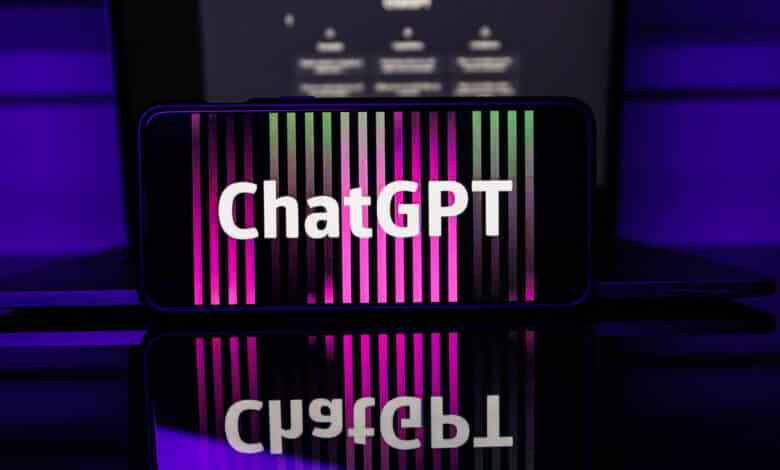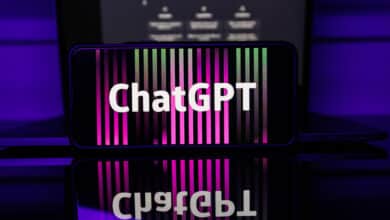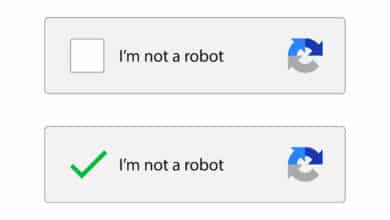
So-called chatbots like ChatGPT are currently on everyone’s lips. The possibilities that such AI-supported tools open up seem gigantic. Experts believe that this could not only significantly change our world of work and education. The accessibility of search engines could also improve. Press publishers, of course, do not like this at all, since it is precisely their words that are used by ChatGPT and possible other artificial intelligences. An appropriate fee could remedy this.
ChatGPT in the future with license fees?
Imagine you have to write an essay on a current topic for school or university. Nowadays, of course, you take the support of a search engine like Google for this. After all, you rarely find content with appropriate topicality in the books of the local library. Once you’ve entered the search term, you’ll get a lot of links that you can work through one after the other. For current topics, these are usually newspaper or blog articles. Now, Microsoft’s $10 billion supported ChatGPT project and Google’s planned competition called Bard could change that. If you enter a search term here, the search engine of the near future could no longer output a hodgepodge of links, but instead a formulated answer. Then you won’t have to call up several individual websites to find the answer yourself.
What sounds extremely convenient for us users naturally makes press publishers furious. After all, it is their information that feeds the artificial intelligences. Consequently, publishers want to charge license fees in the future if their words serve as the basis for chatbots. From a legal perspective, this definitely makes sense. After all, the tool uses the content of many different sources to compile a result. The result can then most likely be described as a hodgepodge of the most diverse press articles. This is not only extremely questionable in terms of copyright. On top of that, it creates new competition for publishers. For the German Association of Digital Publishers and Newspaper Publishers (BDZV) and the Media Association of the Free Press (MVFP), the only possible solution is license fees. This emerges from a joint statement of the press associations to the Tagesspiegel.
Fear of exploitation on the part of the press
The fears of the press associations are understandable and are likely to cause great murmurs in publishing houses at present. The report in the Tagesspiegel also reveals that the collecting society Corint Media is even talking about “exploiting” the editorial work of publishers. For this reason, the spokesperson also sees no alternative to “paying appropriate compensation to the rights holders.” Legally, the issue still seems to be a gray area. The associations are convinced that the law on the protection of press rights is relevant in this matter. One is not really safe in this connection however. A legal clarification of this question is essential from the point of view of Corint Media.
- See it already? OpenAI: Tool should be able to recognize texts from ChatGPT
ChatGPT and co. as new competition for publishers
However, the fact that the work of journalists is used to feed ChatGPT is only one side of the coin. After all, on the part of the publishers, one fears not only that the chatbots will access the output of press workers free of charge. Particularly perfidious is rather the fact that thereby the classical Internet search and the attendance on the appropriate web pages of the publishing houses could be omitted. For the Otto normal consumer a clear, clear and short answer as it ChatGPT and CO. might give, is surely more comfortable, than searching together several longer articles.
For this reason, the associations are convinced that it could be some kind of distortion of competition. Especially when Google unleashes its chatbot on the world, these concerns are well-founded. After all, it is quite possible that the tech company could give preference to its own transcriptions as a result. We will probably soon be able to see how the chatbots act in practice and whether the fears of the publishers are justified. After all, Google and Microsoft want to implement their artificial intelligences in the respective search engines in the form of Google and Bing soon.




No replies yet
Neue Antworten laden...
Gehört zum Inventar
Beteilige dich an der Diskussion in der Basic Tutorials Community →